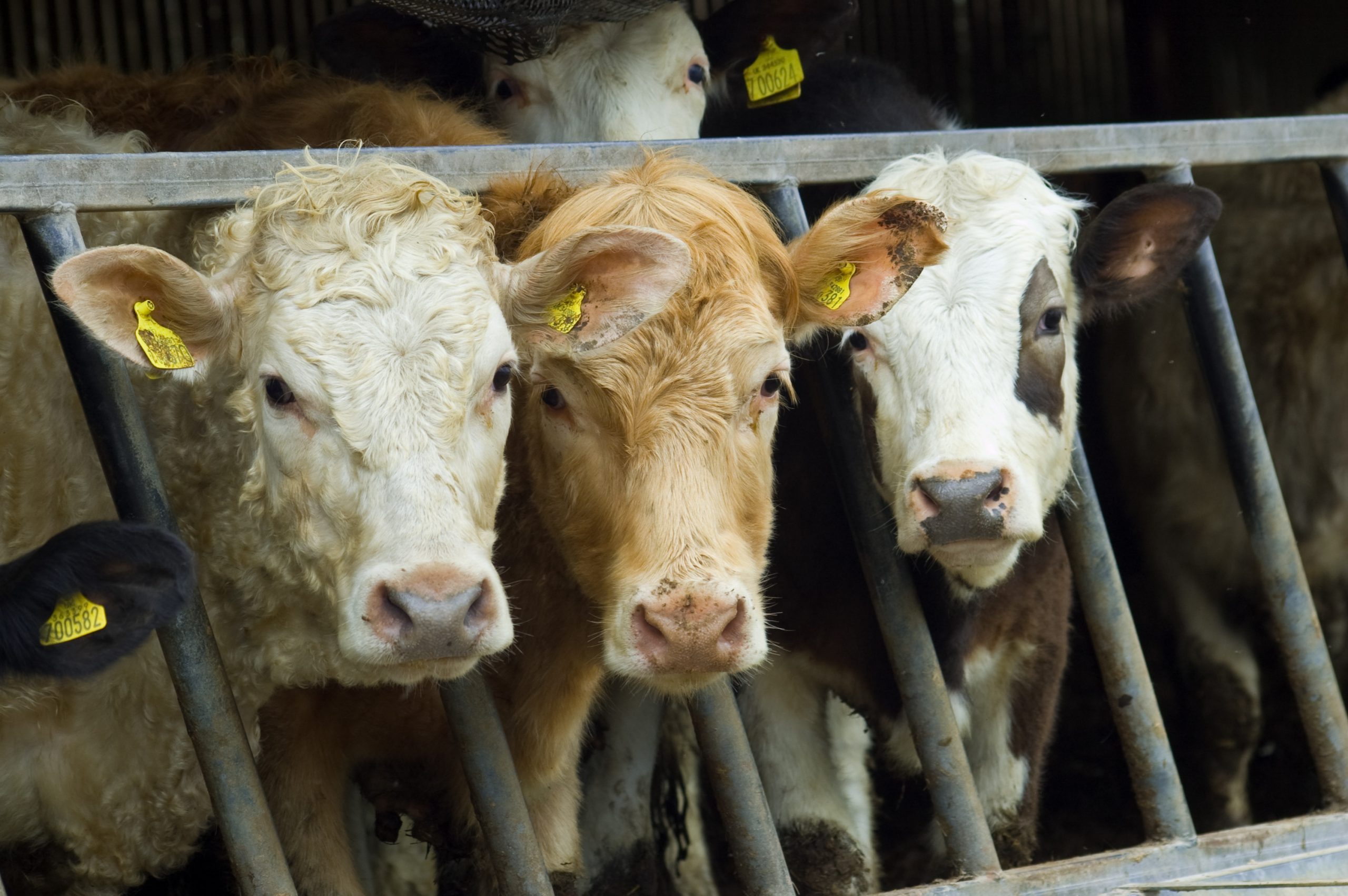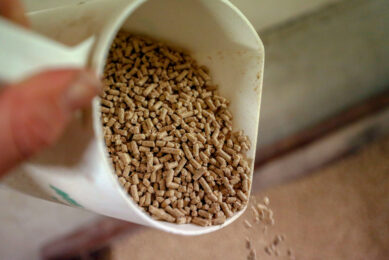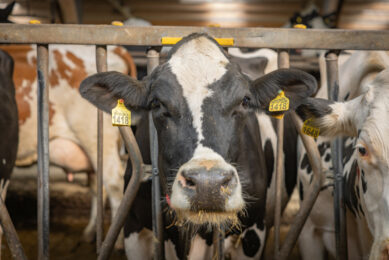Effect DFM on rumen high grain fed steers

Feeding steers, fed on a high grain diet, with direct fed microbials has an influence on the rumen and hindgut microbiota.
This has been concluded from new research from the University of Manitoba in the US. The study has been published in the latest issue of Beneficial Microbes, published by Wageningen Academic Publishers.
Strategies for preventing acidosis
Current management strategies for preventing acidosis in feedlot cattle include adding chemical buffers, ionophores, yeast fermentation products and direct fed microbial products. To further delve into the ability of these direct fed microbials, US researchers tested lactic acid utilising bacteria (i.e. Propionibacterium acidipropionici P169) to modulate rumen and hindgut microbiota of high-grain fed steers. To study this, 7 ruminally-canulated high-grain fed steers were randomly assigned to 2 treatment groups: control diet (n=3) and the same diet supplemented with P169 added at a rate of 1×1011 cfu/head/d (n=4).
P169 supplementation
It was shown that ruminal abundance of P169 was maintained at elevated levels (P=0.03) both in liquid and solid fractions post supplementation. Concomitant with decreased proportion of amylolytic (such as Prevotella) and key lactate-utilisers (such as Veillonellaceae and Megasphaera), the proportions of cellulolytic bacterial lineages (such as Ruminococcaceae, Lachnospiraceae, Clostridiaceae, and Christensenellaceae) were enriched in the rumen microbiota of P169-supplemented steers. These, coupled with elevated molar proportions of branched-chain fatty acids and increased concentration of ammonia in the rumen content of P169-supplemented steers, indicated an improved state of fibrolytic and proteolytic activity in response to P169 supplementation. Further, exploring the hindgut microbiota of P169-supplemented steers revealed enrichment of major amylolytic bacterial lineages, such as Prevotella, Blautia, and Succinivibrionaceae, which might be indicative of an increased availability of carbohydrates in the hindgut ecosystem following P169 supplementation.
Rumen and hindgut microbiota
Collectively, the researchers conclude that this study provided insights into the dynamics of rumen and hindgut microbiota of high-grain fed steers in response to DFM supplementation with P. acidipropionici strain P169. Future investigations under acute or subacute acidosis conditions can provide further insights into whether or not P169- supplementation, and its associated shifts in rumen and hindgut microbial communities, can beneficially influence compromised gastrointestinal fermentation profile of the acidotic high-grain fed ruminants.
Source: Wageningen Academic Publishers











